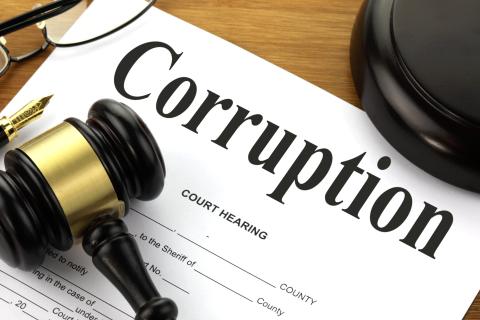Municipal Theft

By Paul Engel
We're all familiar with the fact that our property is taxed. And if you don't pay your taxes, it's going to cost you, but how far can a city, town, or any government agency go to collect your taxes?
In 2014, after several personal and business issues, Alan DiPietro purchased some property straddling Stow and Bolton, MA for the purpose of raising alpacas. What ensued was several years of battle between Mr. DiPietro and the town of Bolton over his use of his own land. While what was described in Mr. DiPietro's lawsuit was pretty terrible, I want to focus on the foreclosure of the property.
After purchasing his property, Mr. DiPietro was repeatedly frustrated in his attempts to make money from it by the Town of Bolton and the Commonwealth of Massachusetts. The actions of the Town of Bolton and the Commonwealth of Massachusetts made it impossible for Mr. DiPietro to pay the taxes he owed on his property. Eventually, the Massachusetts Superior Court found that Mr. DiPietro owed the town of Bolton approximately $60,000 in taxes, interest, fines, and legal fees. The town of Bolton foreclosed on his property, which according to Mr. DiPietro's law suit was worth at least $370,000. If that sounds like theft to you, Mr. DiPietro agrees. Which is why he filed suit in the United States District Court for the District of Massachusetts.
Under the Fifth Amendment to the United States Constitution, the government may not engage in a physical appropriation of property without providing just compensation. This self-executing prohibition is incorporated against the states through the Fourteenth Amendment and further made enforceable by 42 U.S.C § 1983, which authorizes a private right of action against persons acting under the color of law who have deprived individuals of their federally protected rights.
Alan Dipietro v. Town Of Bolton
The Fifth Amendment claim in this isn’t quite correct.
nor shall private property be taken for public use, without just compensation.
U.S. Constitution, Amendment V
The Town of Bolton is not taking Mr. DiPietro’s property for public use, but in payment of a debt. The claim that the Town of Bolton is taking the excess proceeds from the foreclosure on Mr. DiPietro’s property that is being taken for public use doesn’t quite fit either, since that was not the purpose of the takings.




























Comments
We miss the point....
Comment